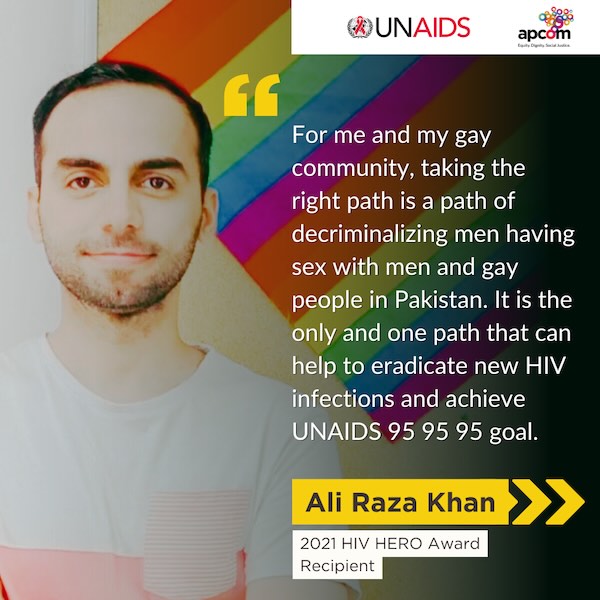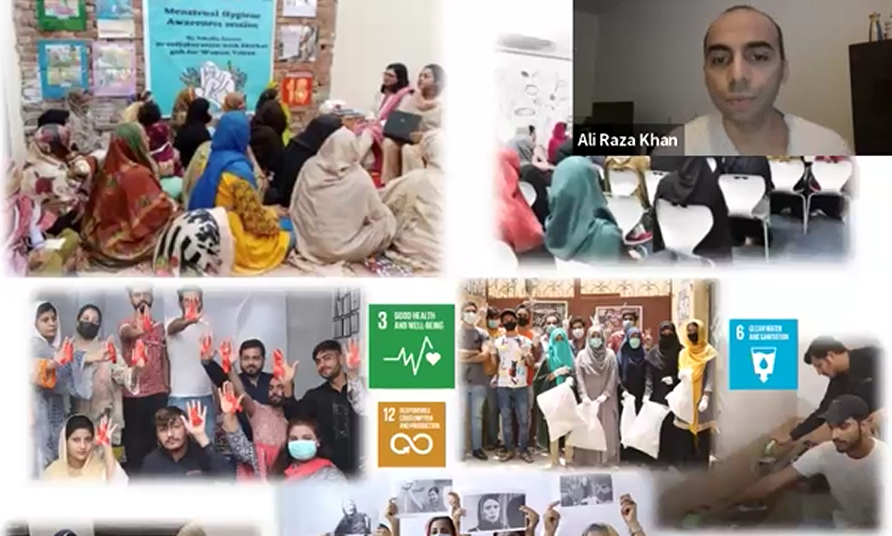Tag: UNAIDS
-

Global AIDS Strategy and Digital Health innovations Including Artificial Intelligence : An Interview with UNAIDS Consultant
Digital technology is in many ways a new frontier that is increasingly part of our everyday lives making the perspectives, experiences and lessons learned from key population communities and civil society even more crucial to ground and inform this report. As a leading expert at the global, regional and national level, I was invited by…
-
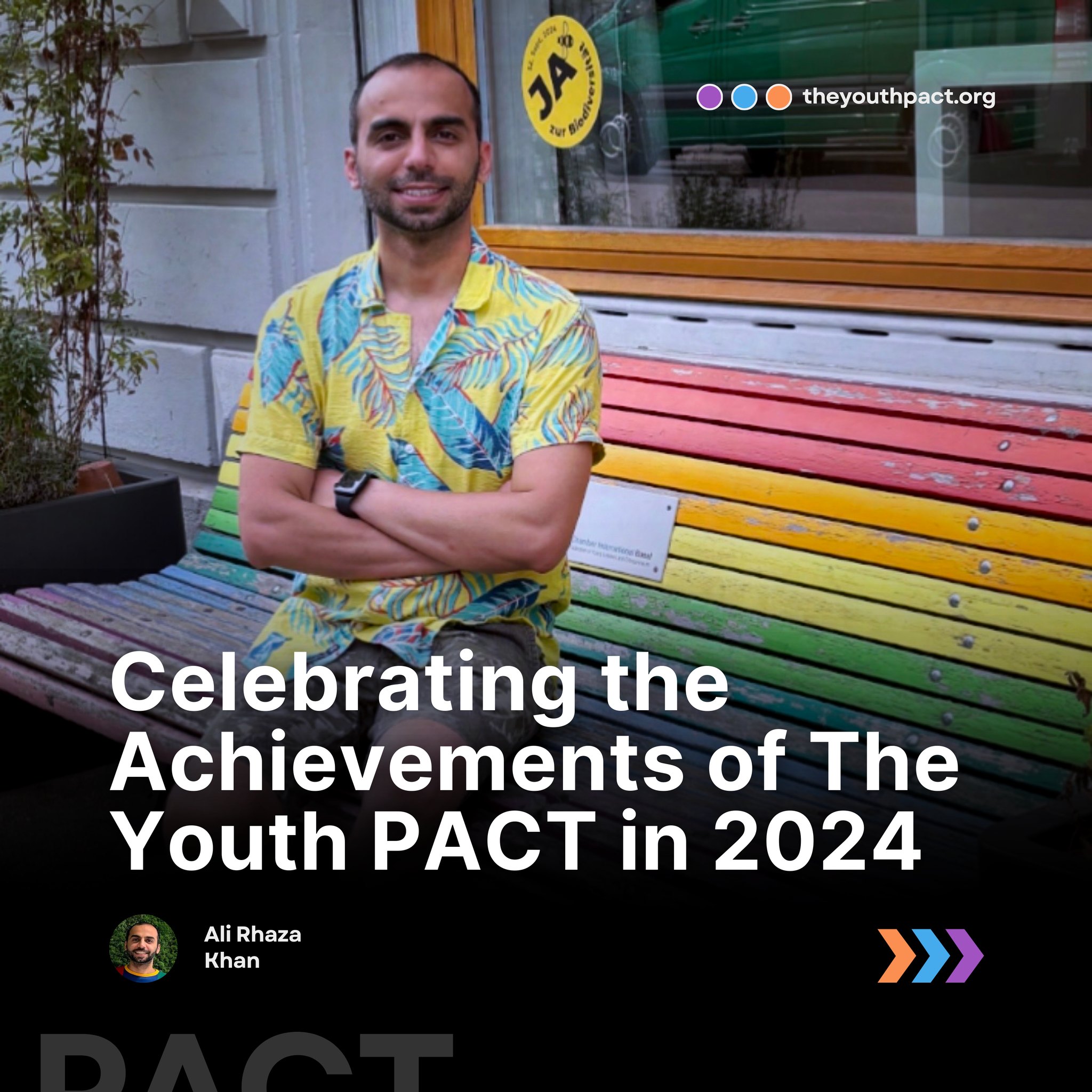
Celebrating the Achievements of The Youth PACT in 2024
In 2024, the Youth PACT Partnership did a lot of Impactful work led by young people. In this article, we share some of the essential highlights of the year 2024. Empowering Youth Through the UPROOT Scorecard Program In 2024, The Youth PACT Partnership successfully implemented the UPROOT Scorecard Program in over six countries in collaboration…
-
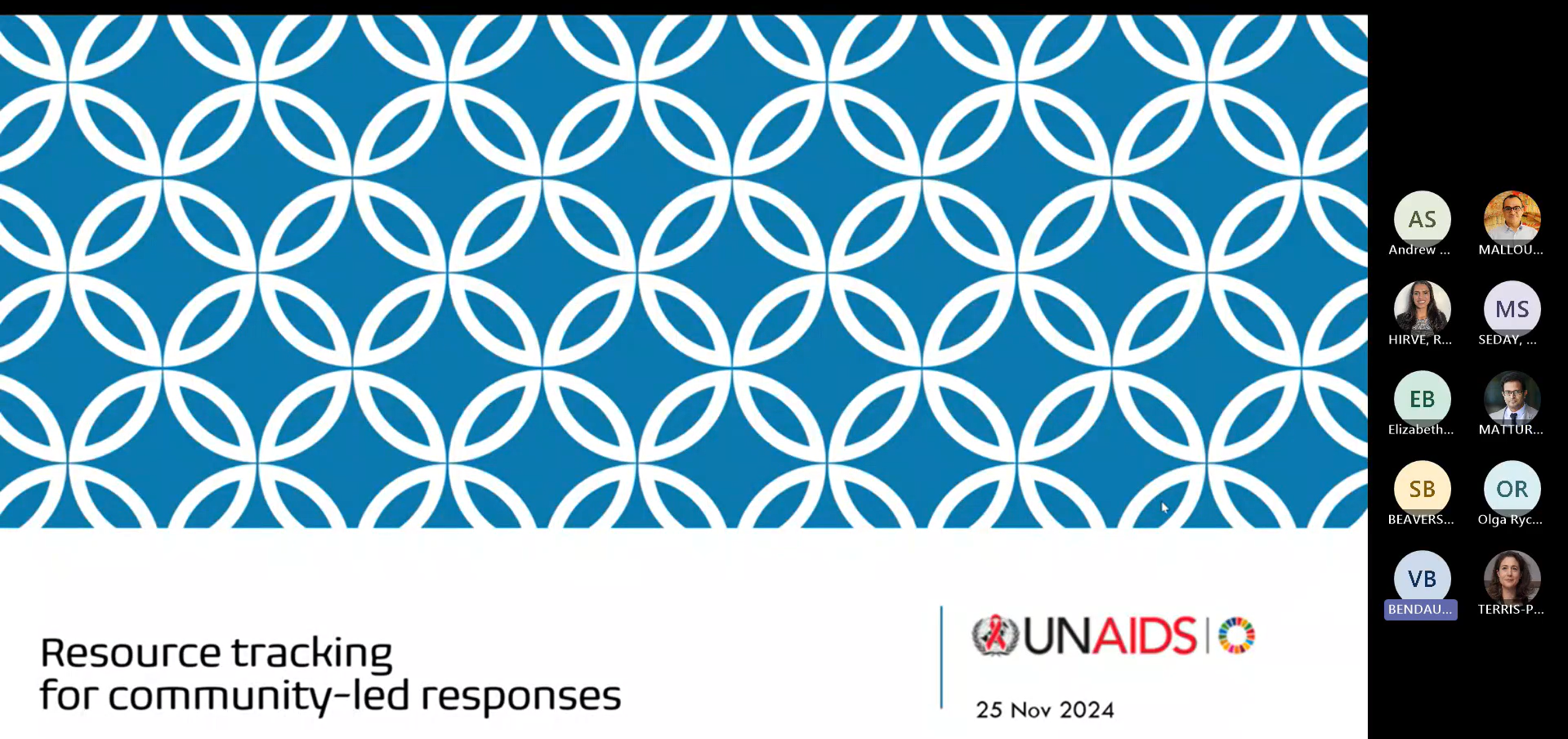
Ali Raza Khan Member UNAIDS Advisory Group on Monitoring the 30-80-60 Participated in Financial Data meeting
Exploring Financial Data as a Proxy for Monitoring Community-Led HIV Response This discussion focuses on the use of financial data to monitor the effectiveness of community-led HIV response efforts, specifically in relation to the 30-18-60 targets. The conversation builds upon a previous discussion in March, where Deepak presented initial findings on using financing data for…
-
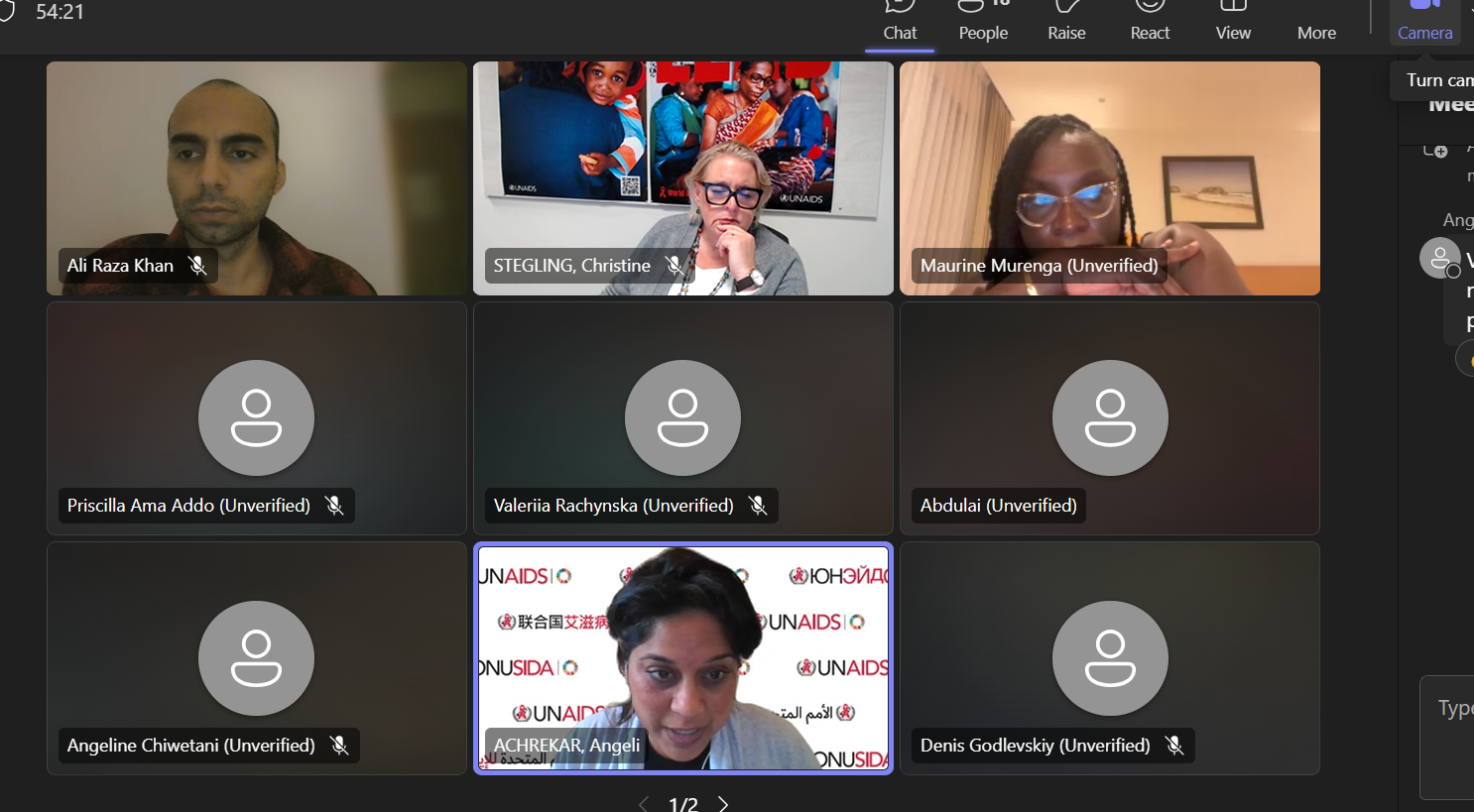
A Crucial Meeting with UNAIDS: Advocating for Sustained HIV Funding
Hello everyone, Ali Raza Khan here. As an HIV-positive gay activist and the founder of Pride Pakistan, I am dedicated to advocating for the rights and well-being of individuals living with HIV. Today, I had the privilege of meeting with key members of the UNAIDS team, including Angeli Achrekar, Deputy Executive Director for the Programme,…
-

Empowering Communities: Understanding the UNAIDS 30-60-80 Targets in the Fight Against HIV/AIDS
The fight against HIV/AIDS has seen tremendous progress in recent years. However, achieving the ambitious goal of ending the AIDS epidemic by 2030 requires innovative strategies and a focus on empowering the communities most affected by the virus. This is where the UNAIDS 30-60-80 targets come into play. What are the UNAIDS 30-60-80 Targets? The…
-

My Journey as a Member of the UNAIDS Global Advisory Group
Hey there! 🌟 I wanted to share some exciting and important news with you all. In May 2023, I was invited to join the UNAIDS Global Advisory Group on Monitoring the 30-80-60 Targets. Since then, I’ve had the privilege of serving as a member of this incredible team. As an HIV-positive gay activist from Pakistan,…
-

First Meeting of the UNAIDS Global Advisory Group on Monitoring the 30-80-60 Targets: A Robust Start
On May 10th, 2023, the UNAIDS Global Advisory Group on Monitoring the 30-80-60 Targets convened for their first meeting. This group, composed of global stakeholders dedicated to advancing the fight against HIV, gathered to discuss the development of a monitoring framework for the ambitious 30-80-60 targets set in the 2021 Political Declaration on HIV and…
-

Ali Raza Khan Joins UNAIDS Global Advisory Group on Monitoring the 30-80-60 Targets
Ali Raza Khan, an HIV-positive gay activist from Pakistan, has been invited to join the UNAIDS Global Advisory Group on Monitoring the 30-80-60 Targets. This esteemed group comprises global stakeholders dedicated to advancing the fight against HIV. Ali’s involvement marks a significant step towards ensuring the voices of young HIV-positive gay individuals and sex workers…
-
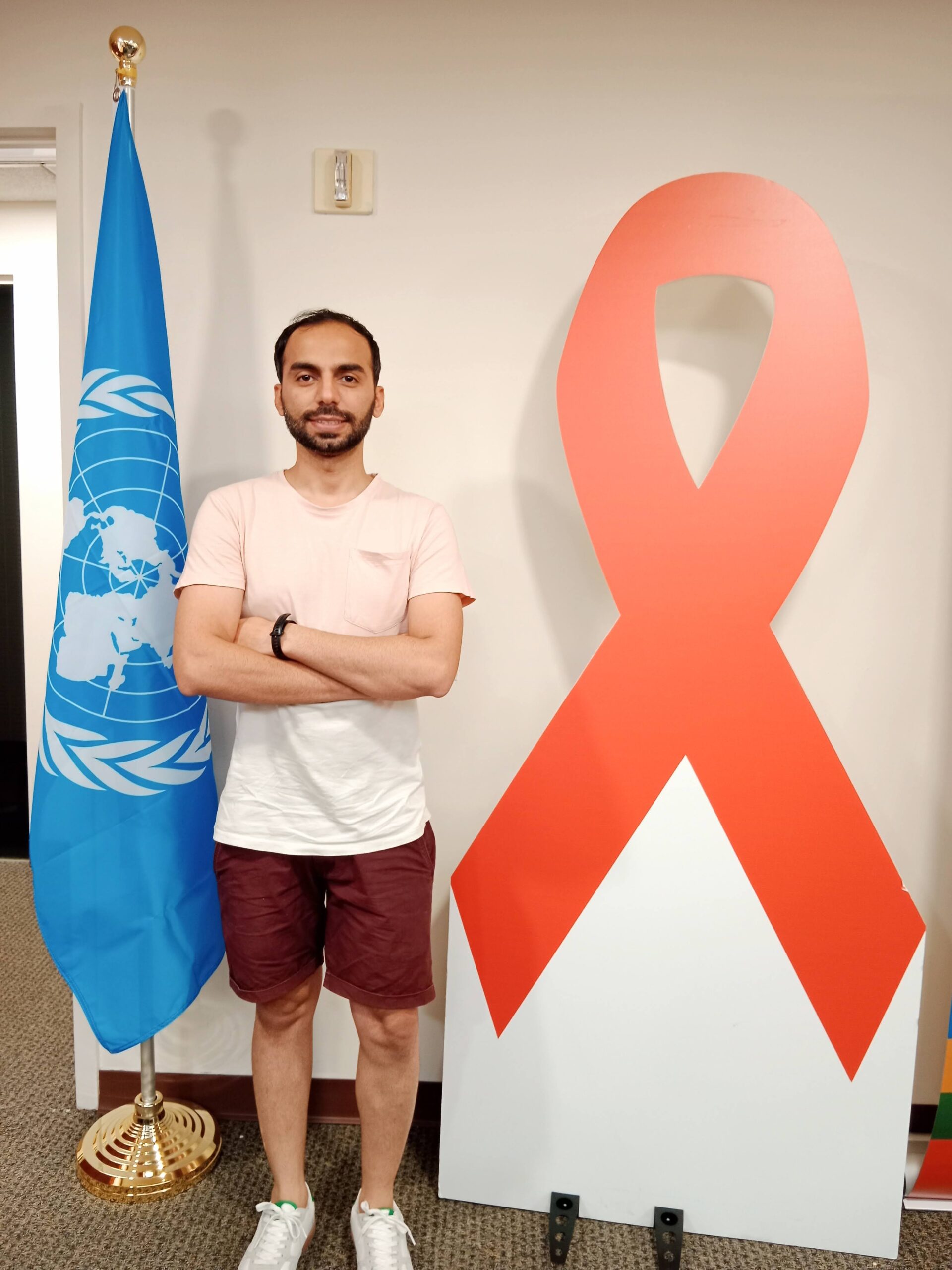
Eamonn Murphy’s Testimony for Ali Raza Khan
In a heartfelt testimony during a UN high-level meeting debrief for young people living with HIV and young key populations, Eamonn Murphy, UNAIDS Director for Regional Support Teams for Asia Pacific and Eastern Europe and Central Asia regions, extended his appreciation for Ali Raza Khan’s remarkable activism. Ali Raza Khan, a HIV positive gay activist,…

